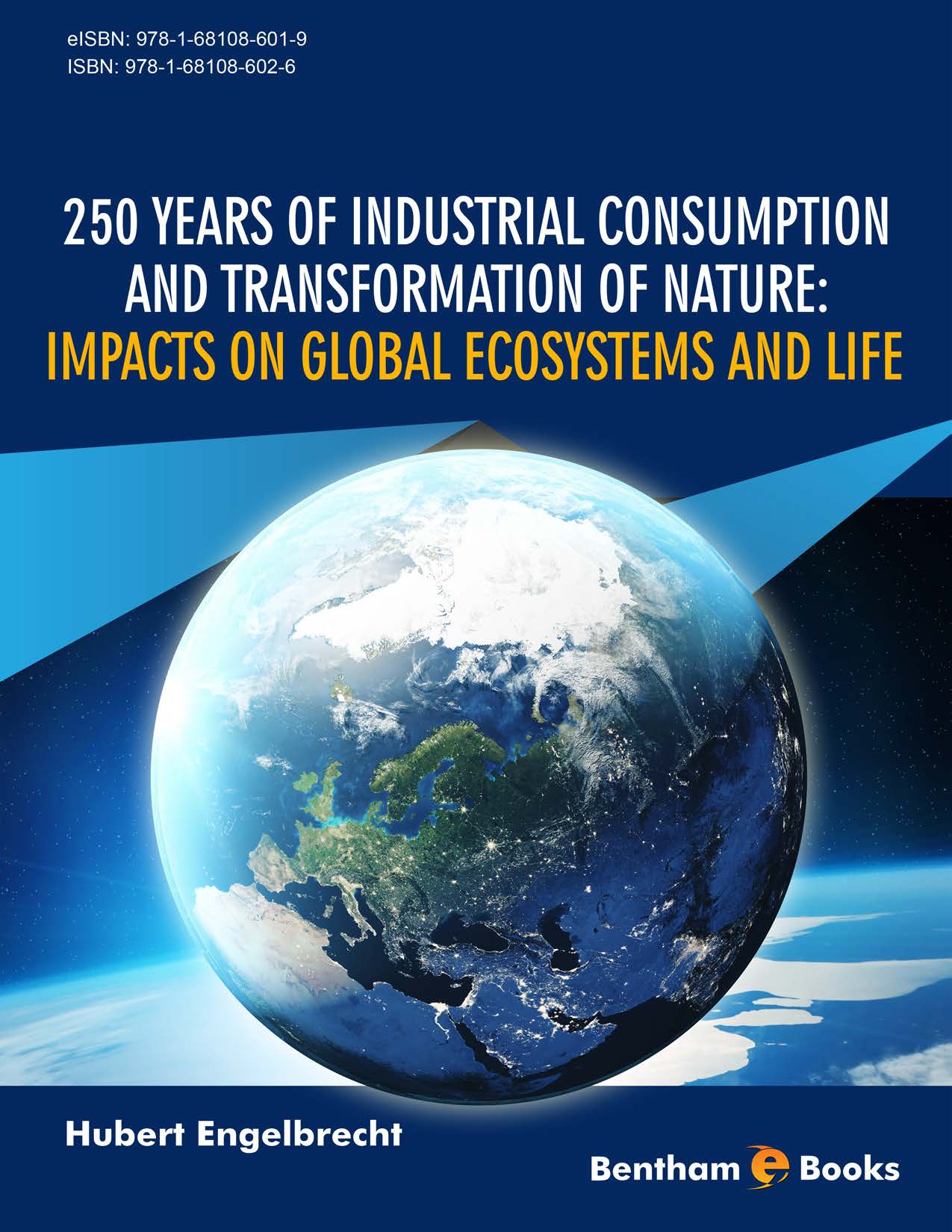Introduction
Anthropogenic changes in the environment, caused by 250 years of economic growth and utilization of fuel and mineral resources, have considerably impacted the natural environment. The resulting physical and chemical alterations to the Earth's sphere and our adaptive responses in the biosphere are detailed in this reference book. Readers will learn about concepts relevant to Earth’s history, the evolution of life, economy, ecology, environmental history, biology, and medicine and how these concepts can be linked to environmental change. The scope of this interdisciplinary work entails to convey the true degree of responsibility for the universal consequences of ecosystem degradation resulting from industrial processing, human consumption and the transformation of natural sites due to industrialization and urbanization.
Topics covered in the book include:
- -ecosystem transformations by natural and anthropogenic forces
- -the Anthropocene epoch
- - a short history of industrialization
- - environmental sites and the impact of socio-economic influences
- -the current environmental crisis
This textbook is intended for graduate students in economics, civil engineering, architecture, agronomics, forestry, technical and mining sciences, political sciences, business studies and humanities. General readers who wish to understand the basic philosophy behind environmental studies and their relation to human activity can also benefit from this book.

